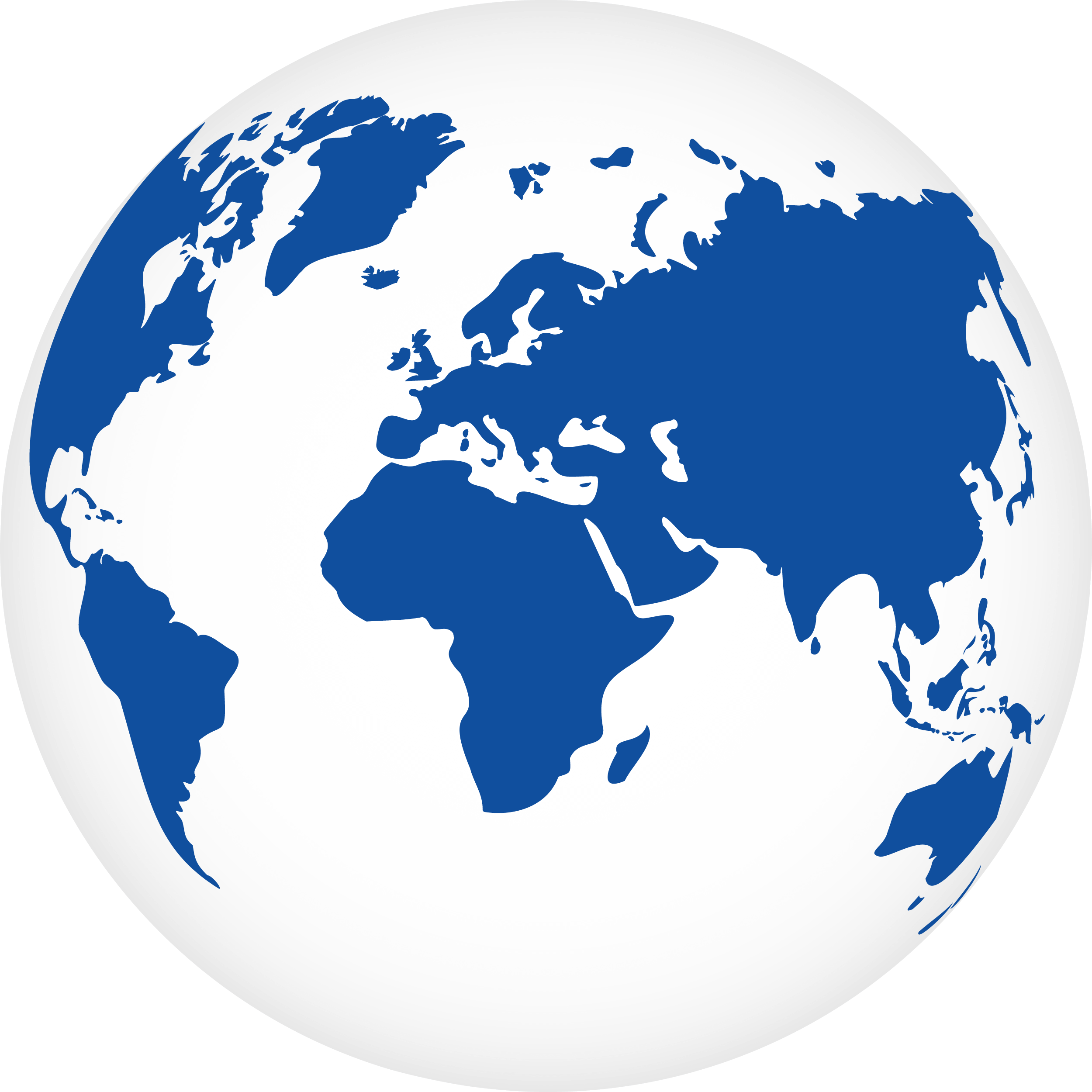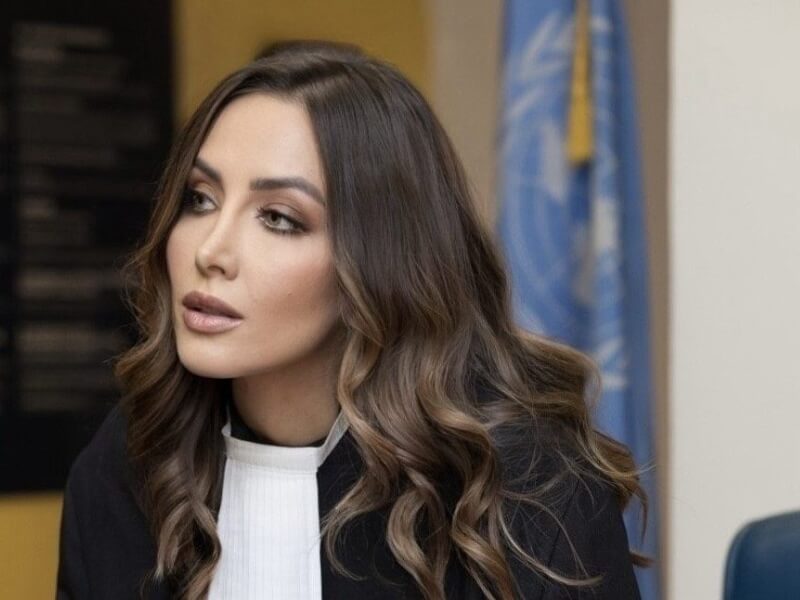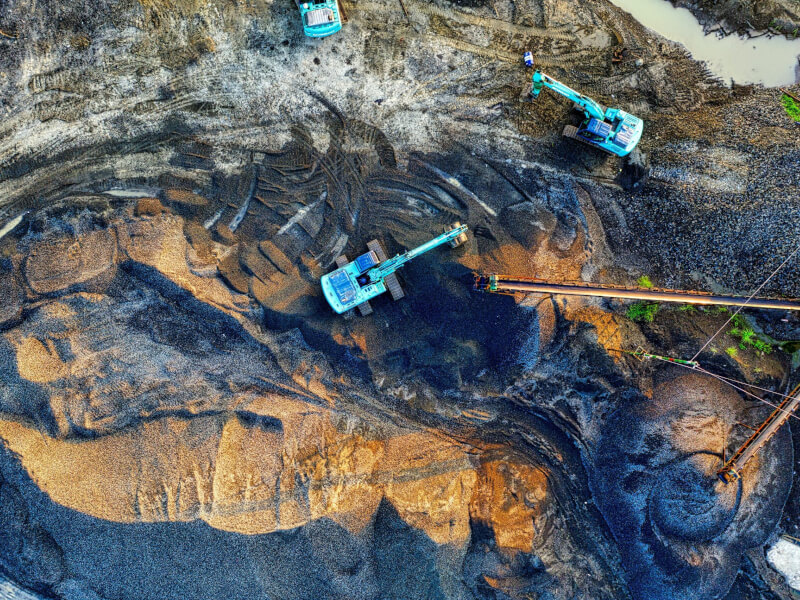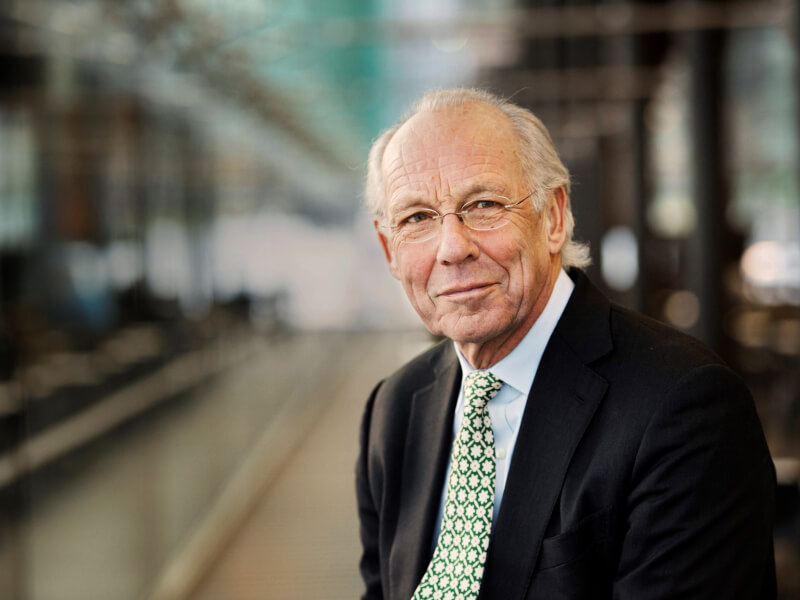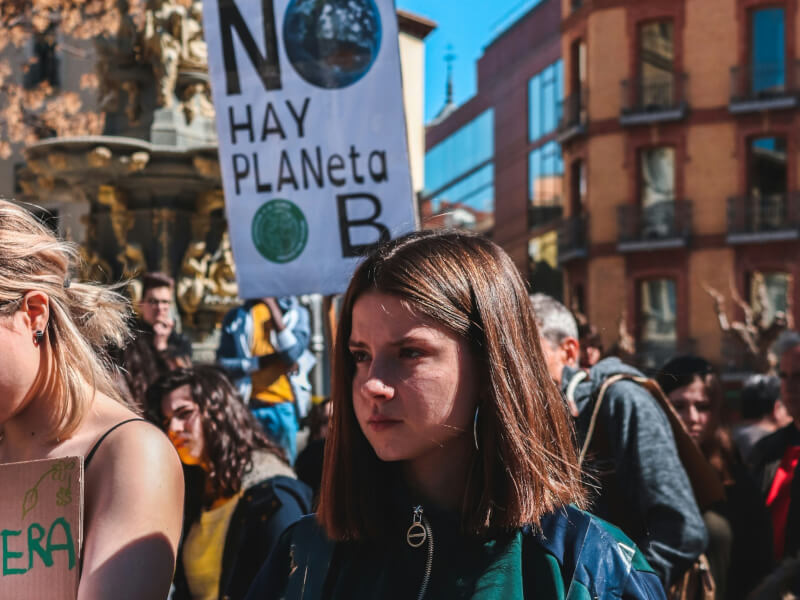26 September 2025 – A sustainable future—economic, social, ecological—cannot rest on the quicksand of impunity. Yet in 2025, the world faces a paradox that should alarm every leader, investor, and citizen: global systems rely more than ever on cooperation and trust, while the collective will to confront mass atrocities is eroding. From the streets of Khartoum to the villages of Ukraine, from Yemen’s forgotten civilians to, of course, Gaza—the cost of ignoring injustice is visible, immediate, and devastating.
Across global sustainability circles, a striking silence has become impossible to ignore. While many climate advocates continue to mobilise against environmental collapse, engagement with the erosion of justice has often been cautious or uncertain. In some instances, strategic or institutional interests appear to take precedence over principle, highlighting the challenge of aligning advocacy with the consistent pursuit of accountability.
Justice is neither ornamental nor optional; it is the architecture of a liveable world. It is the connective tissue linking human dignity to global systems, rights to sustainability, and the rule of law to the safety of every community. Without it, no future—green, just, or prosperous—can endure.
This silence underscores why initiatives like InterJust are essential: they transform principle into actionable accountability. I have recently joined their board, helping to guide their mission to advance justice worldwide. As a new project spun out from the Clooney Foundation for Justice, InterJust advances accountability through universal jurisdiction and empowers national courts to prosecute genocide, war crimes and crimes against humanity wherever they occur and whoever is responsible.
International courts are constrained by mandates, politics, and limited resources, and are often unable to act. By shifting the centre of gravity from distant international institutions to domestic courts, universal jurisdiction makes justice immediate, resilient, and impossible to ignore. This principle exists because some crimes are so egregious, such affronts to our shared humanity, that they concern us all. These are not about political disputes or economic conflicts; they are assaults on the very foundations of life and human dignity and must therefore always be confronted.
I speak not only as an international lawyer who practised at the UN War Crimes Tribunal for the Former Yugoslavia (ICTY) in The Hague, but also as someone who lived through war as a child. I have seen how ignoring injustice harms both people and society. And I know the transformative power of the law when enforced with courage and principle.
Few dangers are more corrosive than rising impunity. Conflicts, even when distant, reverberate across borders—undermining stability, forcing displacement, and deepening division everywhere. Impunity is contagious: it erodes the institutions that safeguard every citizen, from Lagos to London, from Dhaka to Denver. The cost of turning away is felt across continents—and across generations.
You do not need to be a lawyer to care about justice. If you care about dignity, the safety of your community, and the future your children will inherit, then fighting impunity impunity for international crimes matters. Supporting initiatives like InterJust is not just about holding perpetrators accountable—it is about reinforcing the legal and moral structures that allow our societies to function. It is about establishing the fundamental conditions for a world in which all people, in their full diversity, can thrive with the planet.
Climate justice and human justice are inseparable. Without accountability for mass atrocities, neither global cooperation, economic stability, nor the safety of societies can be sustained. We cannot tackle the climate, biodiversity and pollution crises without confronting the crisis of impunity for atrocity crimes. To protect the environment, we must protect the humans who inhabit it.
In my life, I have witnessed the cost of justice denied. But I have also seen the difference when it prevails: the fragile yet essential return of dignity, order, and hope. Seeking to restore that balance is one of the reasons I became a lawyer. Today, serving justice means rethinking our moral compass—giving priority to the local over the global, and to the concerns of ordinary citizens over distant institutions.
Universal jurisdiction offers both a lesson and a measure of hope—especially for those working in sustainability. Waiting for global institutions or a perfect political consensus will not advance our shared goals. When international systems stall or consensus proves elusive, progress can still be driven by courageous, principled action from the ground up, even in the face of the toughest obstacles. Such action is essential to restoring dignity and protecting the social, environmental, and moral foundations that sustain life.
Nadja Skaljic has been appointed to the board of InterJust—a new organisation established as a spin-off from The Clooney Foundation for Justice. With extensive experience in international law, including prosecuting genocide at The Hague early on in her career, Skaljic will serve in an advisory capacity to lead efforts to advance accountability through universal jurisdiction. Skaljic’s contributions will also address impunity by focusing on emerging technological challenges and the complex cross-border, digital aspects of international crimes today.
